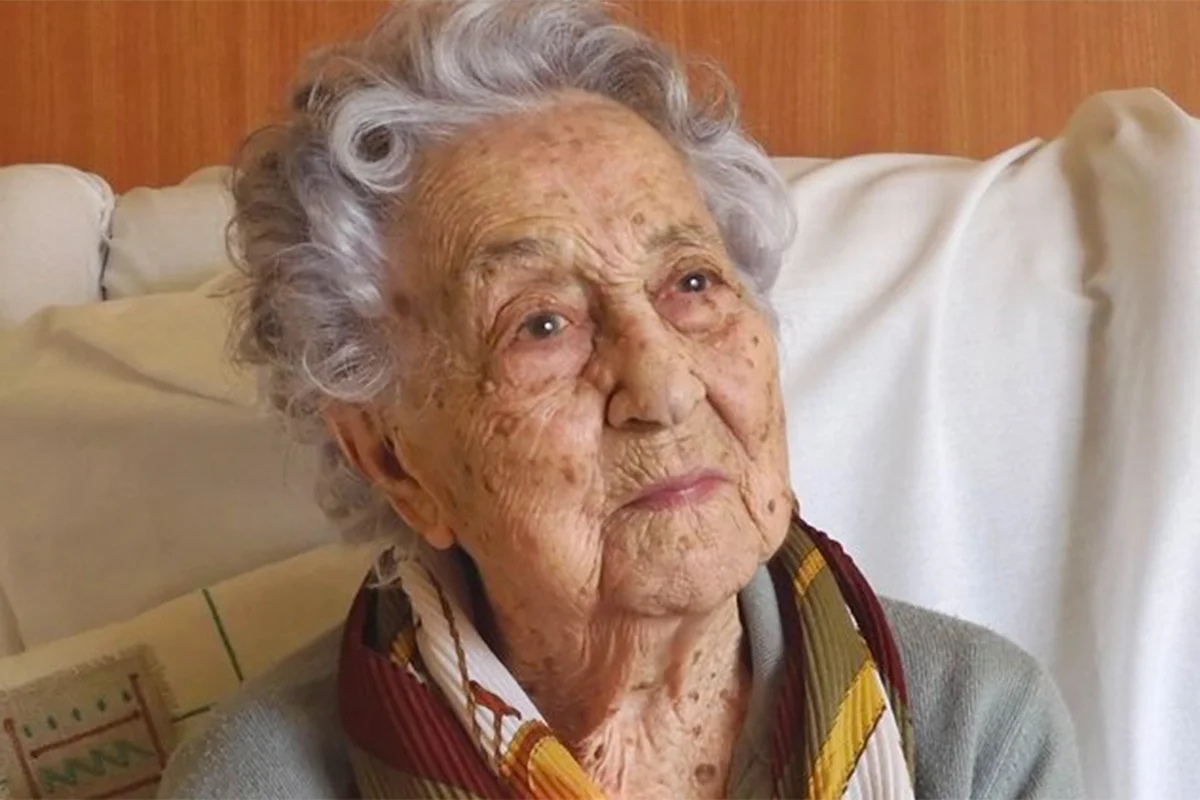By Linda Howard
Copyright dailyrecord

The latest figures from the Department for Work and Pensions (DWP) show the number of people claiming Universal Credit has hit a record high of 8 million, a significant jump from 6.9m claimants in July last year. The income-related benefit is designed to help people in and out of work on a low income with everyday living costs. Universal Credit is an income-related benefit designed to help with living costs and is available for people in work on a low income, as well as those who are out of work or cannot work. However, many people claiming Universal Credit or income-related Jobseeker’s Allowance (JSA) who have a disability, long-term illness, or physical or mental health condition, may be unaware that Personal Independence Payment (PIP) or Adult Disability Payment (ADP) – which has replaced all new and existing claims for PIP in Scotland – could provide extra money to help with daily living or mobility costs. PIP and ADP are tax-free, non-means tested payments that do not affect the benefit cap, which means a single claimant over 25 on Universal Credit or JSA making a new claim for either benefit , could potentially receive up to £749.80 every four weeks independently of their other benefits. Combined with a monthly Universal Credit payment of £400.14 (single, over-25 rate), this could provide up to £1,149.94 each month. It’s important to be aware that this figure is based on someone receiving the higher rate of both the daily living and mobility components of either PIP or ADP. It’s also crucial to be aware that the health condition itself will not automatically qualify someone for PIP or ADP, it’s how it affects a person’s daily living and/or mobility needs. Unlike Universal Credit, PIP and ADP are claimed by individuals, not couples. You will need an assessment to work out the level of financial help you will receive and your rate will be regularly reviewed to make sure you are getting the right support. PIP is made up of two components – Daily living and Mobility. Whether you get one or both of these and how much depends on how severely your condition affects you. Payments re issued every four weeks. You will be paid the following amounts per week depending on your circumstances: Daily living Mobility Even though new claims for PIP have been replaced in Scotland by ADP, it shares most of the same eligibility criteria. Full guidance on ADP can be found on the MYGOV.SCOT website. Below are the five main disabling conditions recorded by the DWP at the end of July, 2025. Psychiatric disorders Musculoskeletal disease (general) Neurological disease Musculoskeletal disease (regional) Respiratory disease An award for PIP or ADP can also open the door to additional support for housing costs, Council Tax, other benefits and a reduction or exemption on public transport fares. These are the main disability categories, the umbrella term by which more than 530 other conditions fall under. This list is only an overview of conditions, disorders and diseases and how the DWP lists the main disabilities being claimed for. Below is an overview of PIP and ADP. Even though new claims for PIP have been replaced in Scotland by ADP, it shares most of the same eligibility criteria. Full guidance on ADP can be found on the MYGOV.SCOT website here. To be eligible for PIP or ADP, you must have a health condition or disability where you: You usually need to have lived in the UK for at least two of the last three years and be in the country when you apply. In addition to what we have outlined above, if you get or need help with any of the following because of your condition, you should consider applying for PIP or ADP: There are different rules if you are terminally ill, you will find these for PIP on the GOV.UK website here and for ADP on MYGOV.SCOT here. DWP or Social Security Scotland will assess how difficult you find daily living and mobility tasks. For each task they will look at: PIP and ADP are usually paid every four weeks unless you are terminally ill, in which case it is paid weekly. It will be paid directly into your bank, building society or credit union account. ADP is paid at the same rates as PIP. You will be assessed by an independent healthcare professional to help the DWP determine the level of financial support, if any, you need, for PIP. Face-to-face consultations for health-related benefits are offered alongside video calls, telephone and paper-based assessments – it’s important to be aware the health professional and DWP determine which type of assessment is best suited for each claimant. You can find out more about DWP PIP assessments here. Adult Disability Payment assessments will not involve face-to-face assessments, unless this is preferred by the claimant – find out more about the changes here. You can make a new claim by contacting the DWP, you will find all the information you need to apply on the GOV.UK website here. Before you call, you will need: People can apply for ADP, over the phone, by post or in-person. To find out more or apply, visit the dedicated pages on mygov.scot here or call Social Security Scotland on 0800 182 2222.



